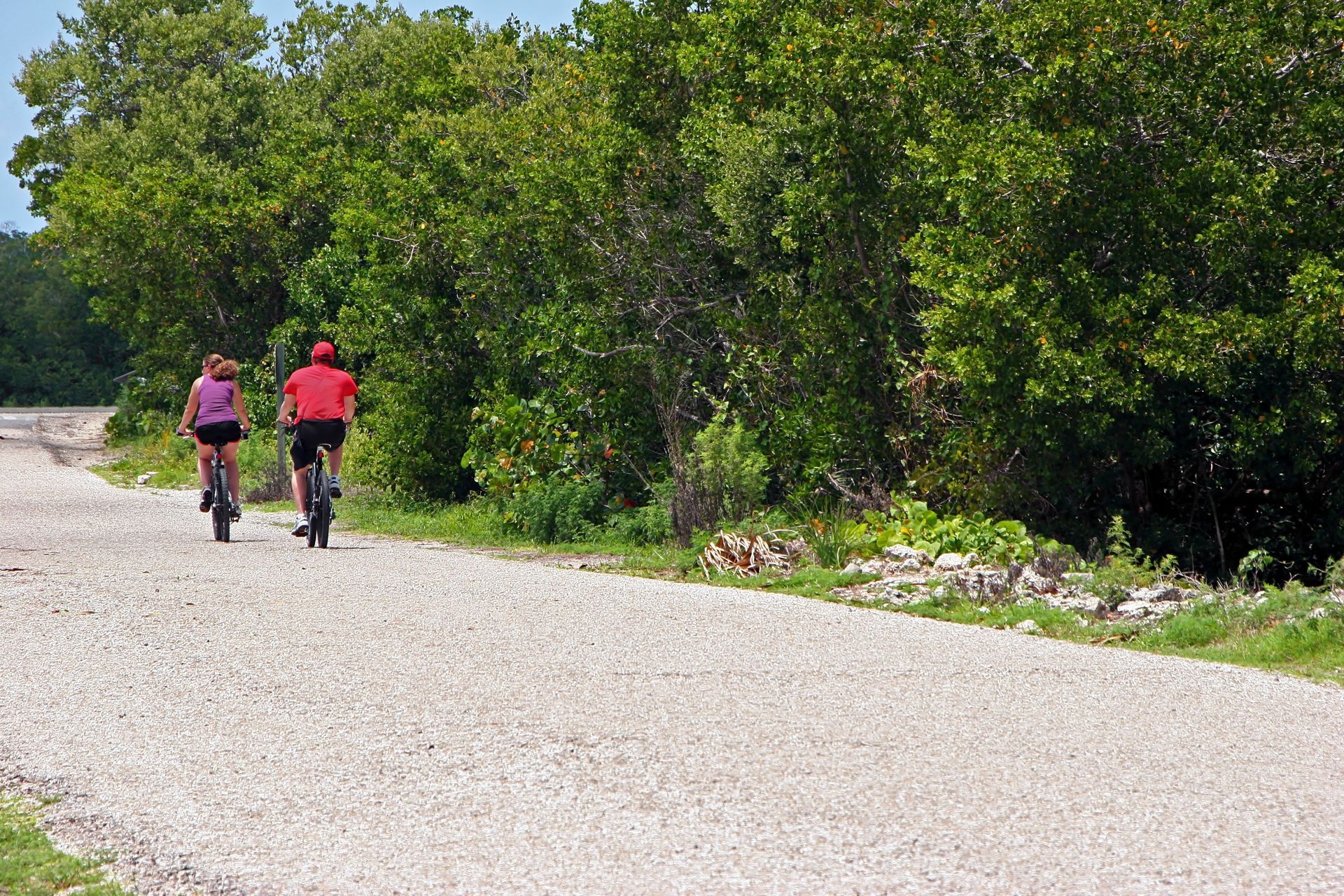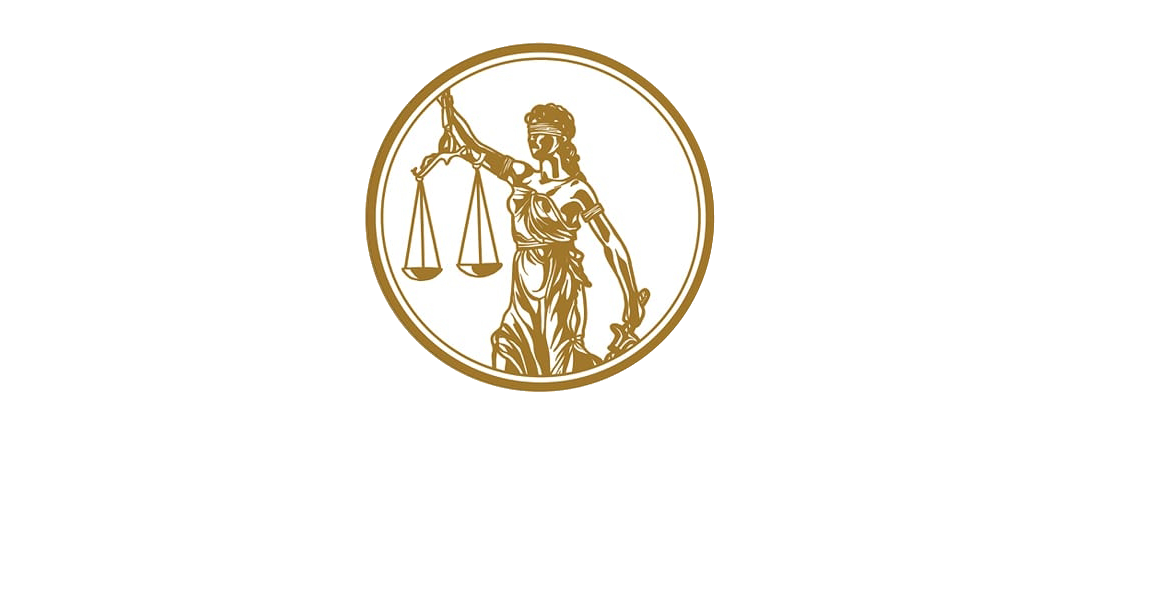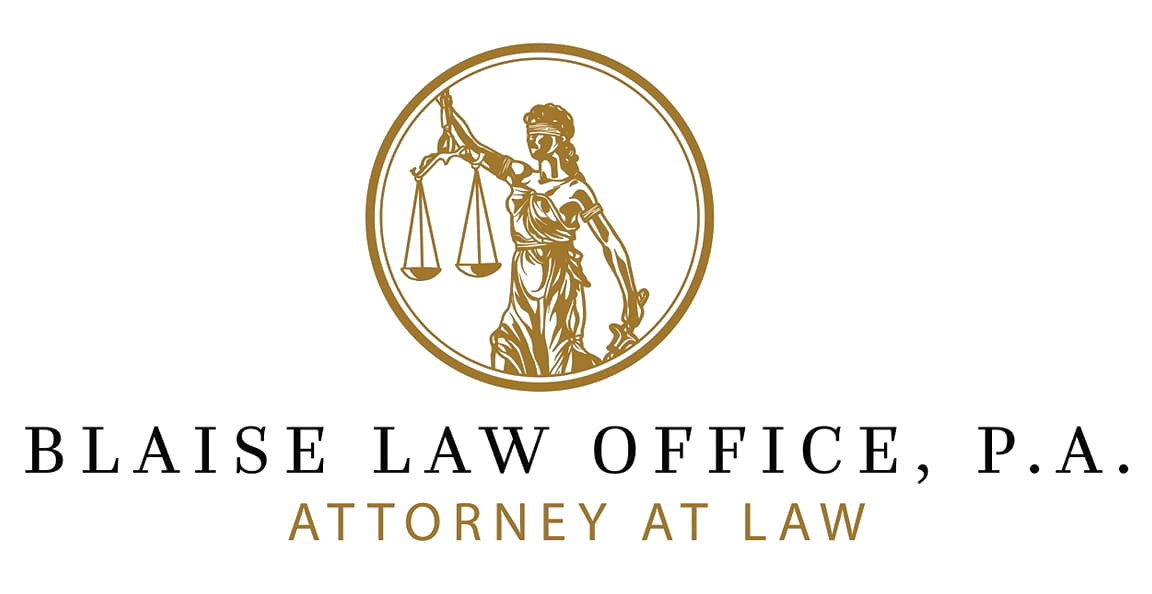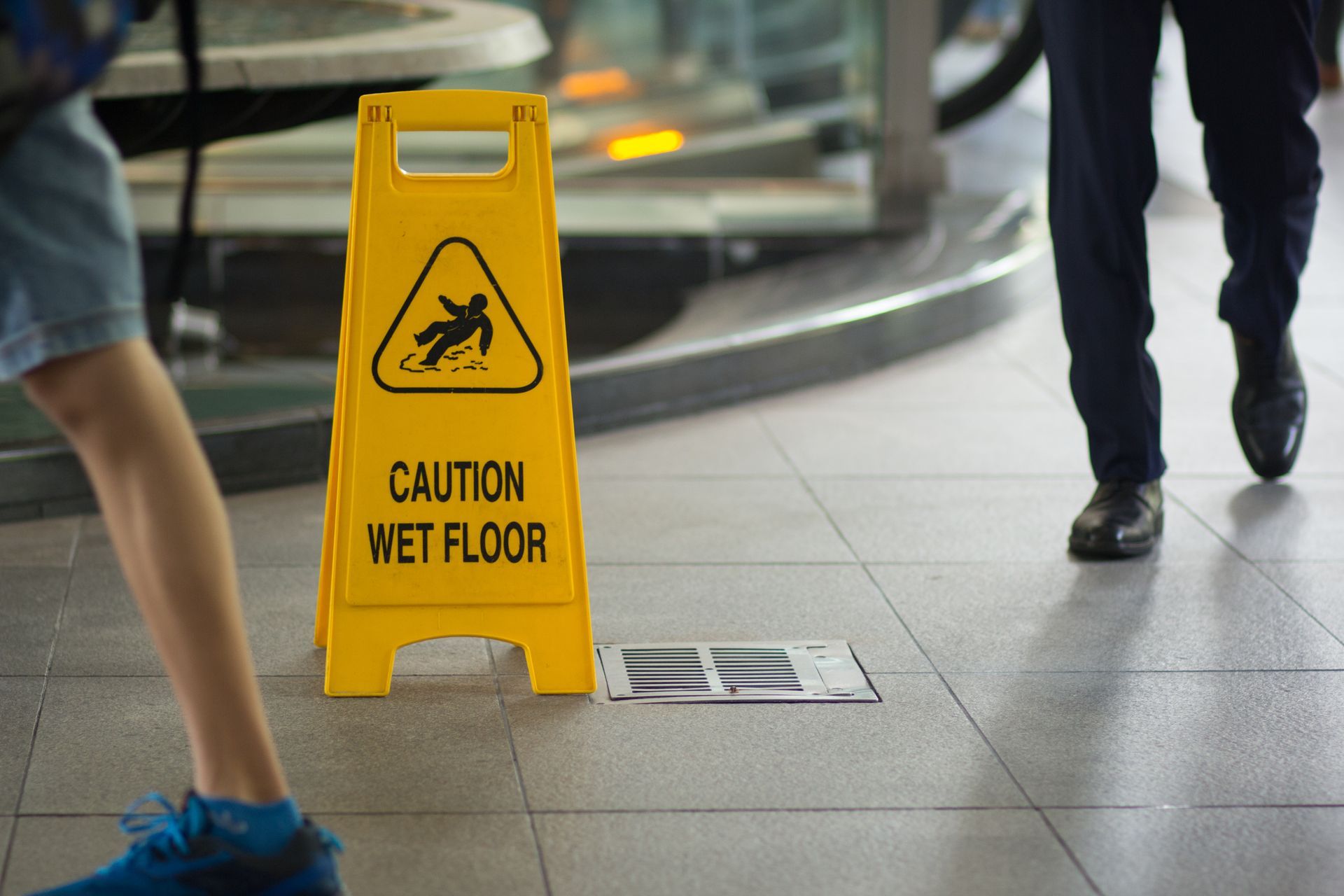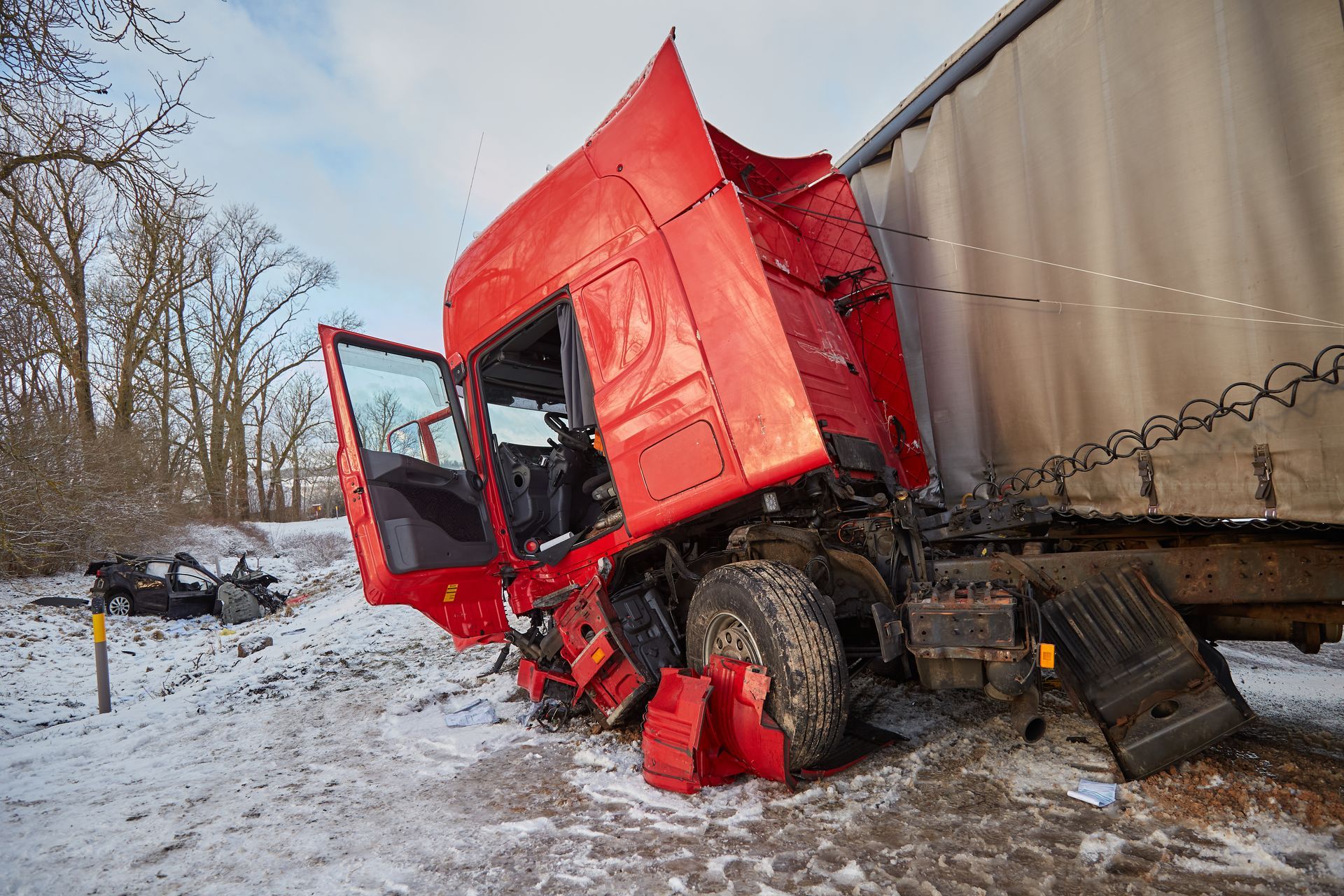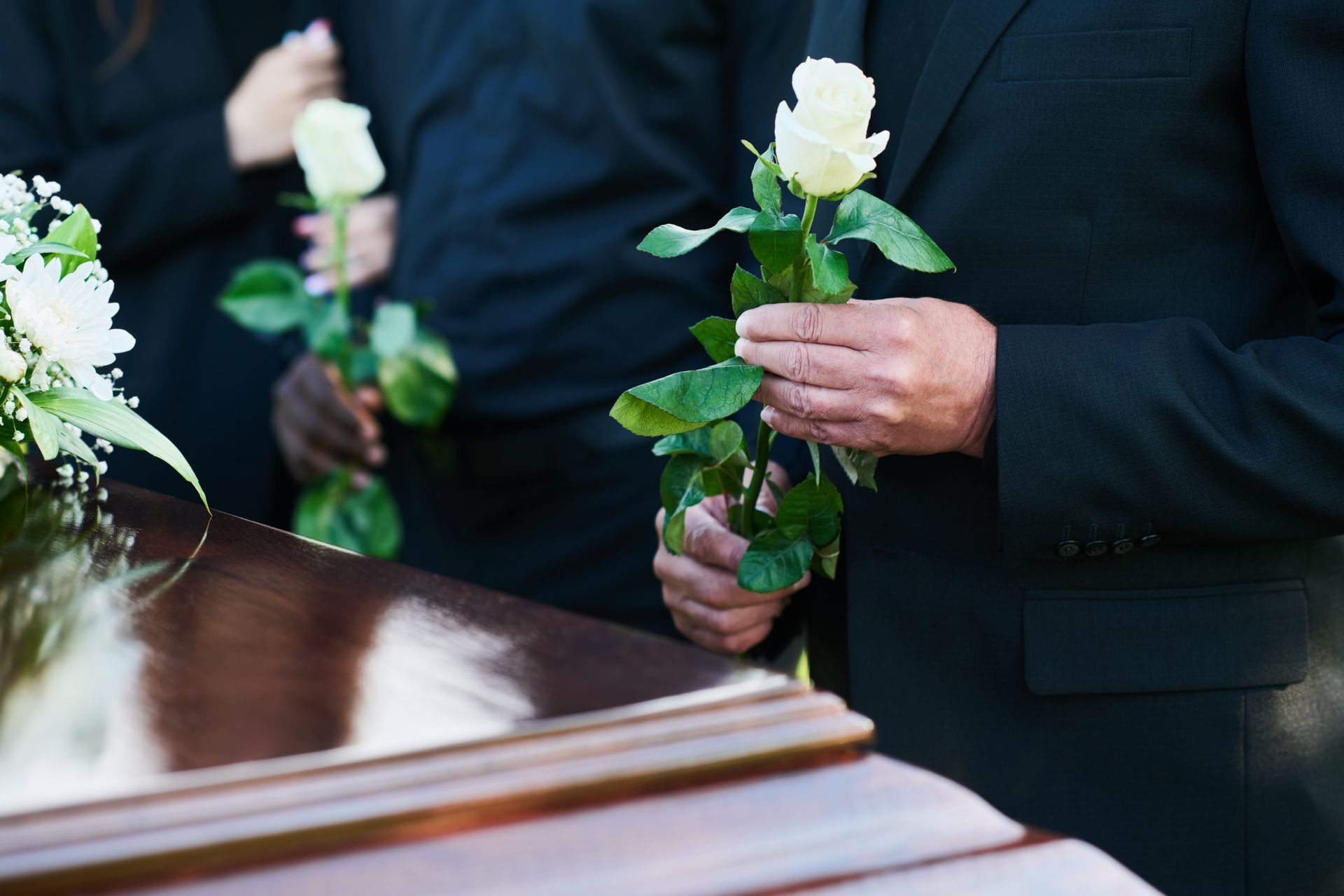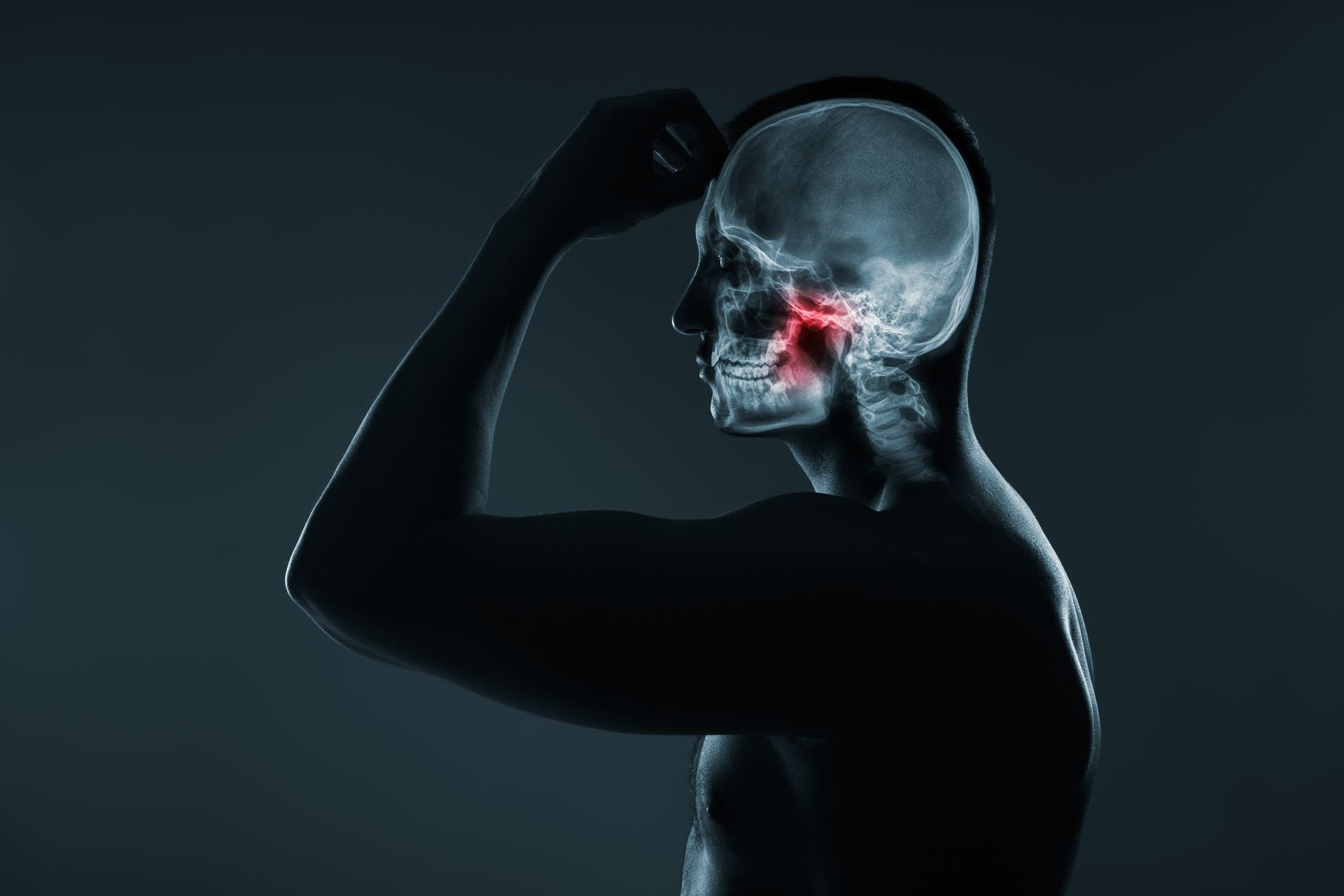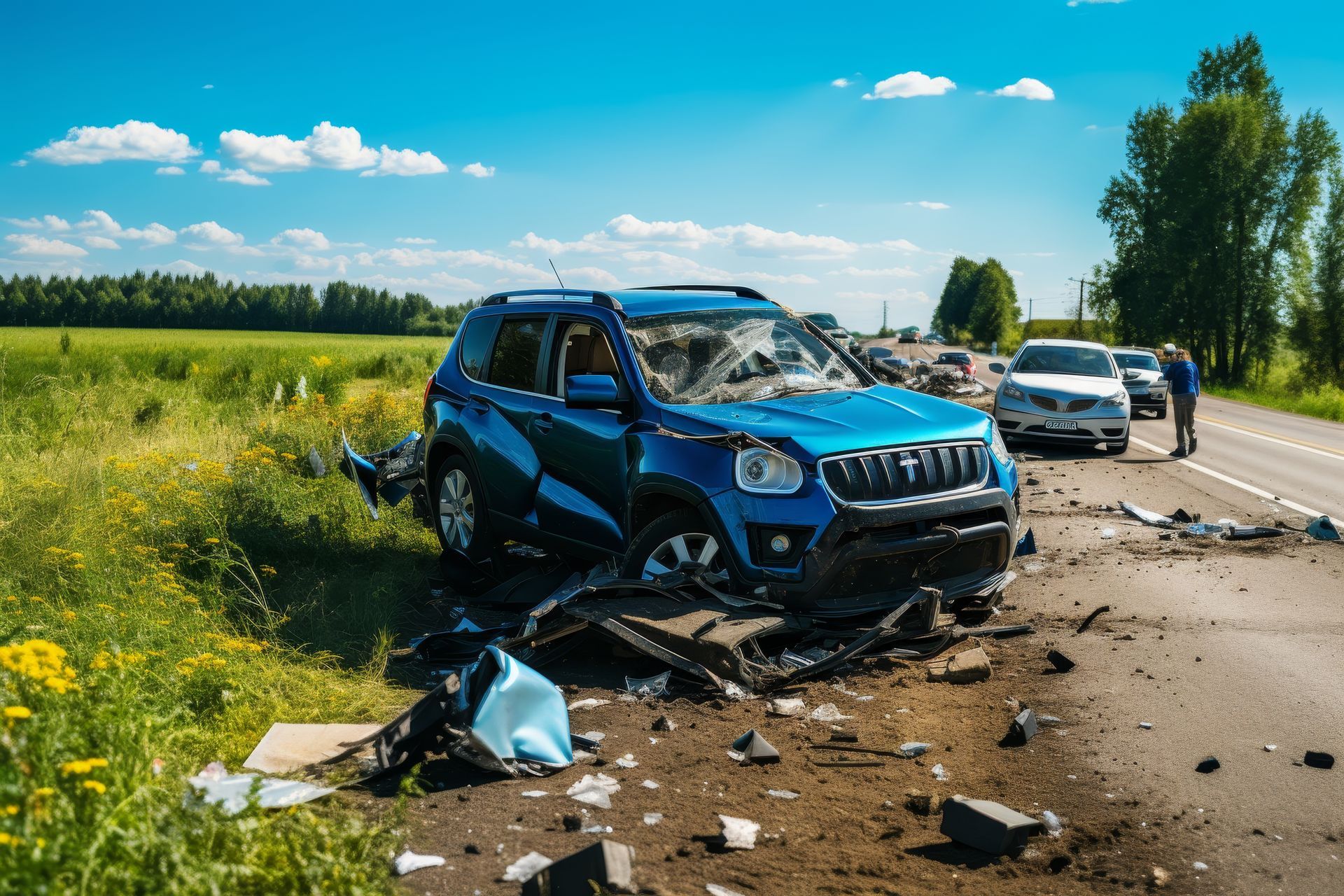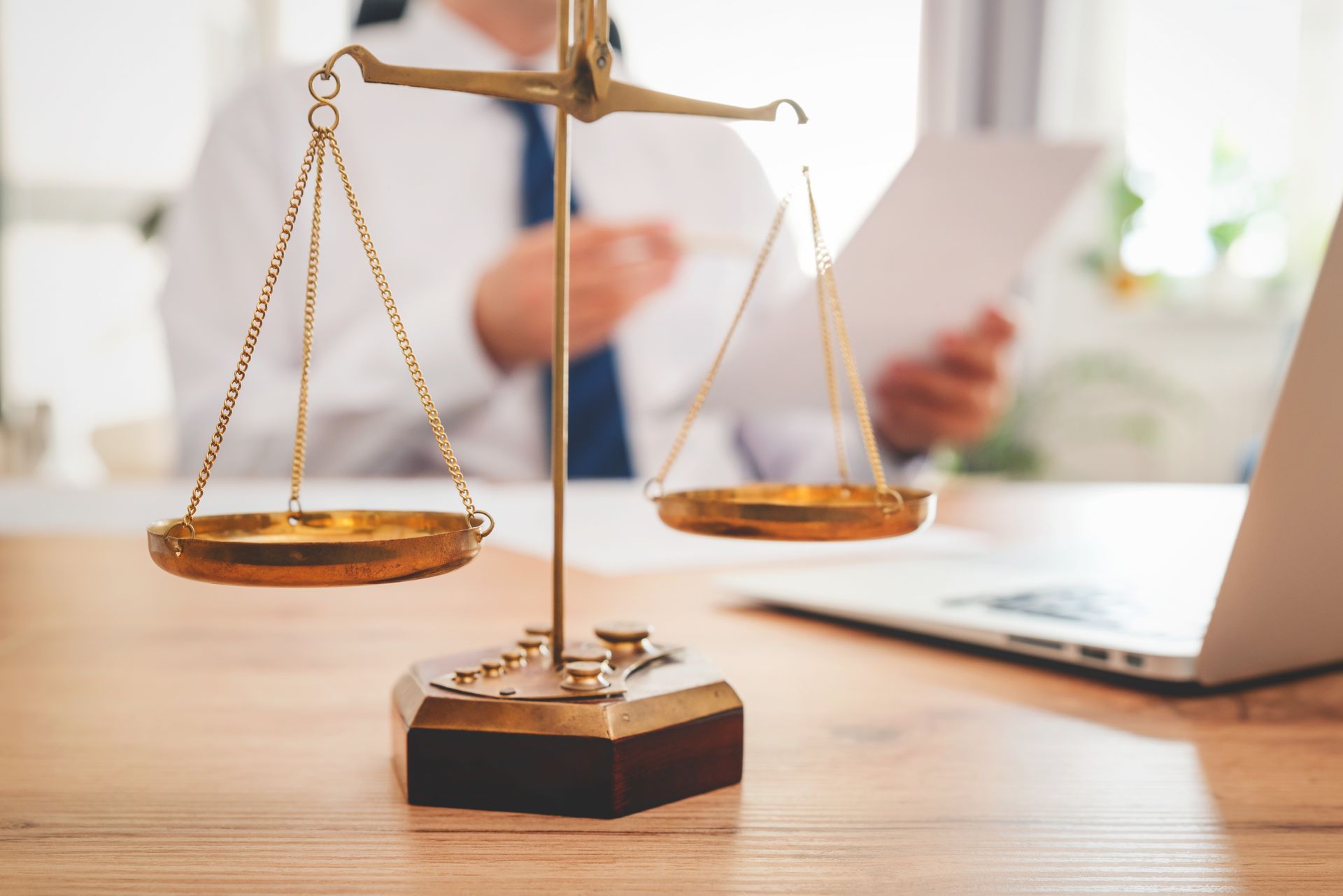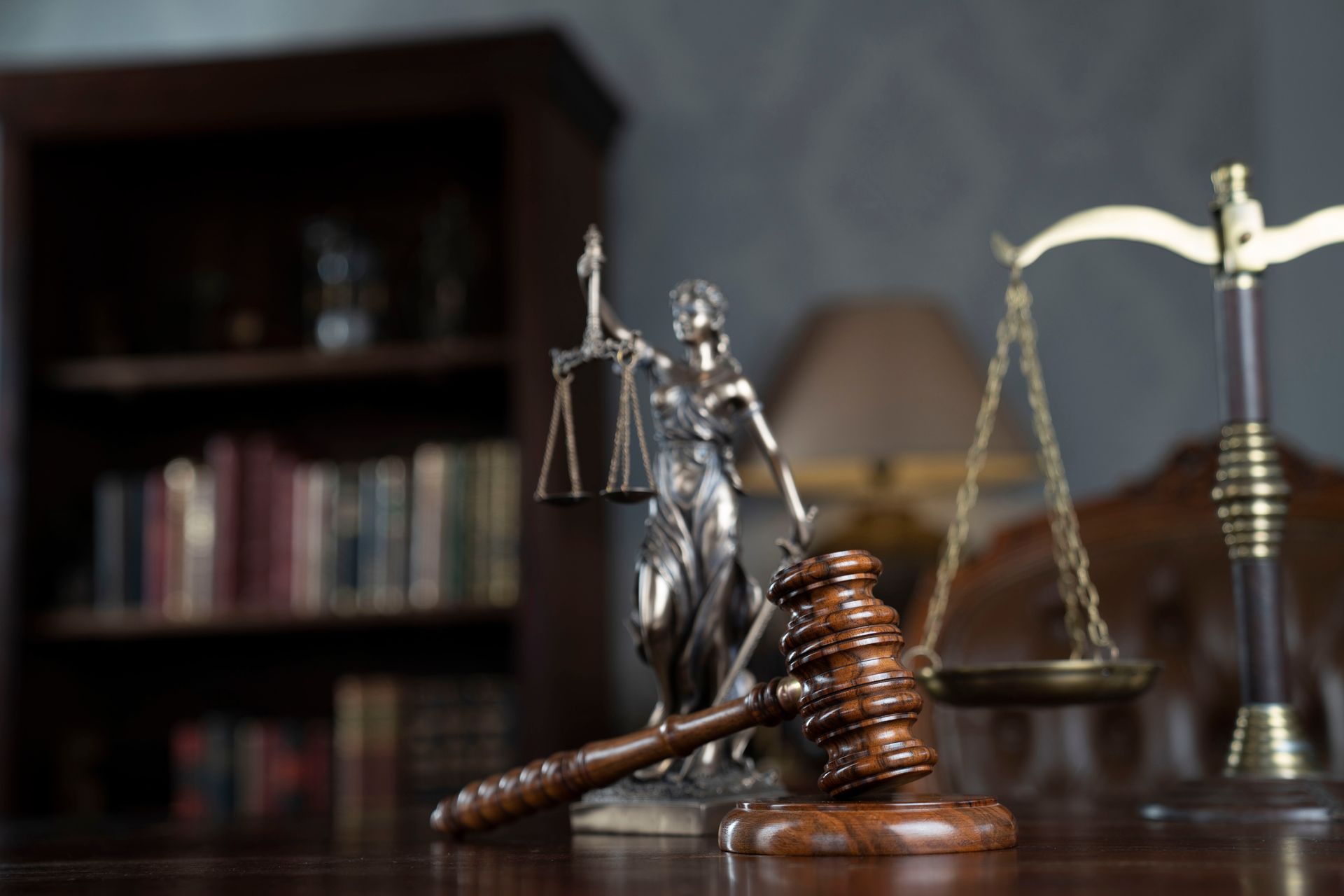What happens to my personal injury case if die?
We all like to know that every contingency is considered and planned for. This way, if anything were to happen to us, the right outcomes would be achieved for our family and loved ones. With this in mind, how does this apply to personal injury claims? What happens to these cases if the claimant tragically dies?
Let's take a look at the protocols and procedures associated with continuing or managing a personal injury claim even after the claimant has passed away.
Related and unrelated death
As a personal injury claim generally relates to physical harm or injury against an individual, the possibility of an eventual fatality is something we unfortunately need to bear in mind. This eventual fatality can be categorized in two different ways.
1. A fatality linked directly or indirectly to the original incident or claim — for example, injuries sustained following a traffic accident that gradually become worse over time and eventually result in death. Alternatively, this may relate to a disease such as pneumonia that occurred because of the initial incident and that eventually proves fatal.
2. A fatality that is unrelated to the original incident or claim — any cause of death not linked to the initial incident, such as illness or injury that arises from unrelated causes, or death from natural causes.
In the event of a fatality in the first category, the claim will always be continued and its scope will probably be extended. The claim is likely to be elevated from a personal injury case to a wrongful death suit, with far more severe consequences. In the case of the second category, the claim can still be continued, and family members and dependents can still be awarded damages if a death has occurred.
Claims that have not yet begun
Statutes of limitations apply to personal injury cases. For instance, if an incident of clinical negligence is believed to have taken place, you will have a three-year time limit within which to begin the claim. This can cause some anxiety for claimants, who may wonder what happens in the said event that death occurs before the claim is begun.
In most cases, there is no need to be anxious here. In the event of a death, this time limitation clock will be reset and the timer basically begins again. Representative of the claimant will have three years starting from the date of death to issue a claim form to a relevant court institution.
Continuing the compensation claim
Will your representative be able to continue to the personal injury case on your behalf, even if you have sadly passed on before the case is concluded? The answer is yes, they will. A death is a tragic event, and the courts will not penalize you or your family if this occurs. The claim can be continued, and your dependents and beneficiaries will still be able to receive support and remuneration under the terms of this claim.
Some recalculation will be required. This is because the parameters of the claim have changed. Generally, money awarded following a personal injury claim will be calculated according to financial losses and incurred as a result of the injury — for example, lost earnings due to an inability to work, or the cost of medical treatment and rehabilitation.
Many of these costs will still be covered in the claim, but you need to bear in mind what your dependents may be compensated for. For instance, they will still be able to work, so direct lost earning may not apply. However, if they would have benefited from your lost earnings, these may be factored into the amount of damages they are awarded.
There may be other factors to take into account here, too. Outside of your direct wages, the services and goods you may have provided will also need to be accounted for in the claim, as well as medical insurance and pension contributions that your dependents may miss out on. Finally, medical and funeral expenses may also need to be included in the claim.
Eligible parties to continue your claim
The easiest way to make sure your dependents have the legal right to continue your claim is to state this explicitly in your Will. In the event of your death, your claim can be continued, but it will pass to your estate. The executor of your estate will take the claim on, and they will be able to continue the claim on your behalf and on the behalf of your dependents.
- Naming a specific person to continue your claim in your Will
Even if you do not name a specific person in your Will, the claim will still be able to continue. In this case, the claim will generally be handled by the executor of your Will and estate by default. If you would like a specific person to handle your claim in the event of your death, this person will need to be named in the Will to avoid any confusion or problems that may arise during the transition.
- If you do not have a Will
Without a Will in place, the process becomes a little more complex, but this will not be a barrier to continuing your claim. The claim will still be passed to your estate, but a person will need to be found to act as executor of the estate and as the claimant for the personal injury suit. It is best to name a person in your Will who can continue the claim to avoid any confusion or delays for family members or loved ones.
